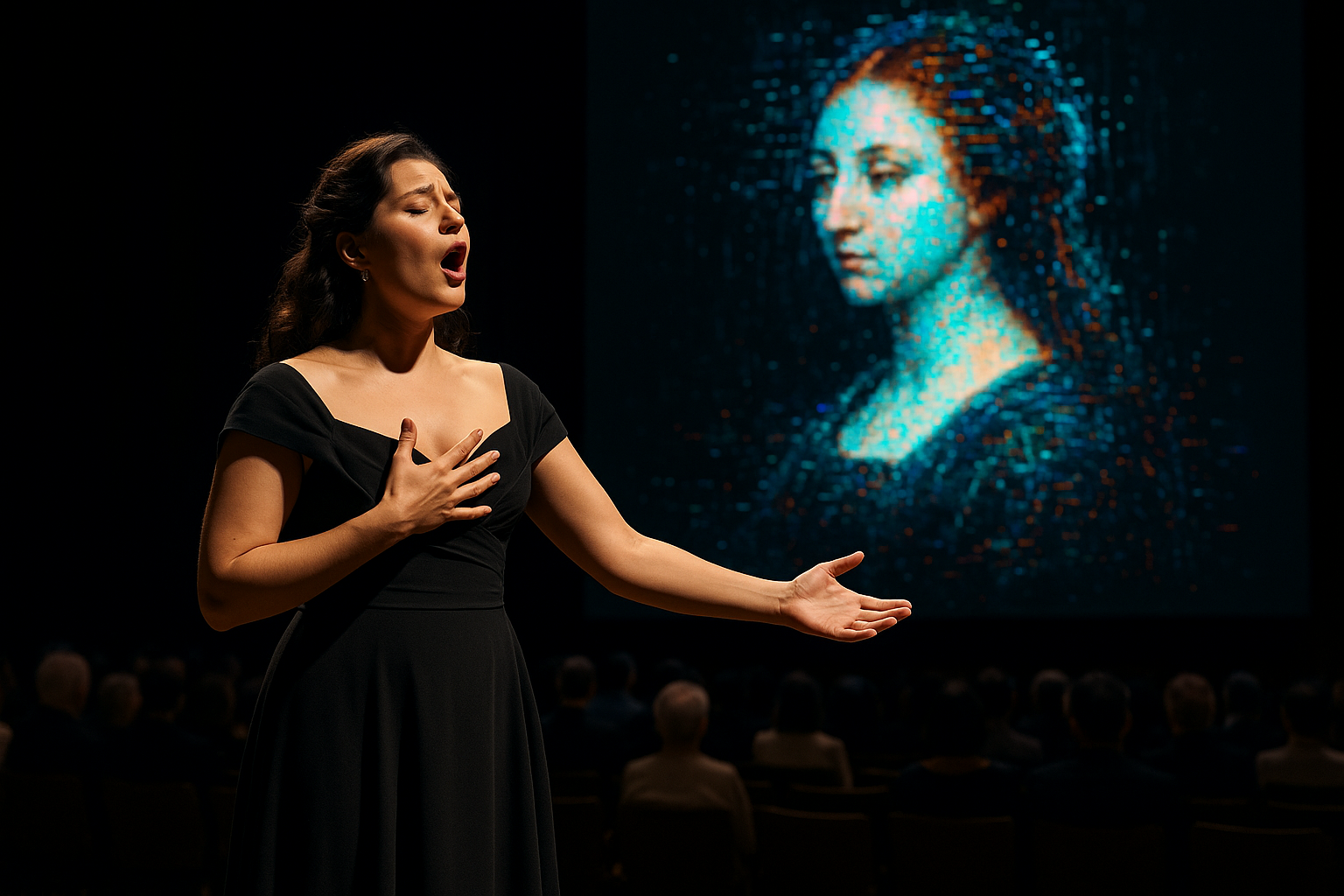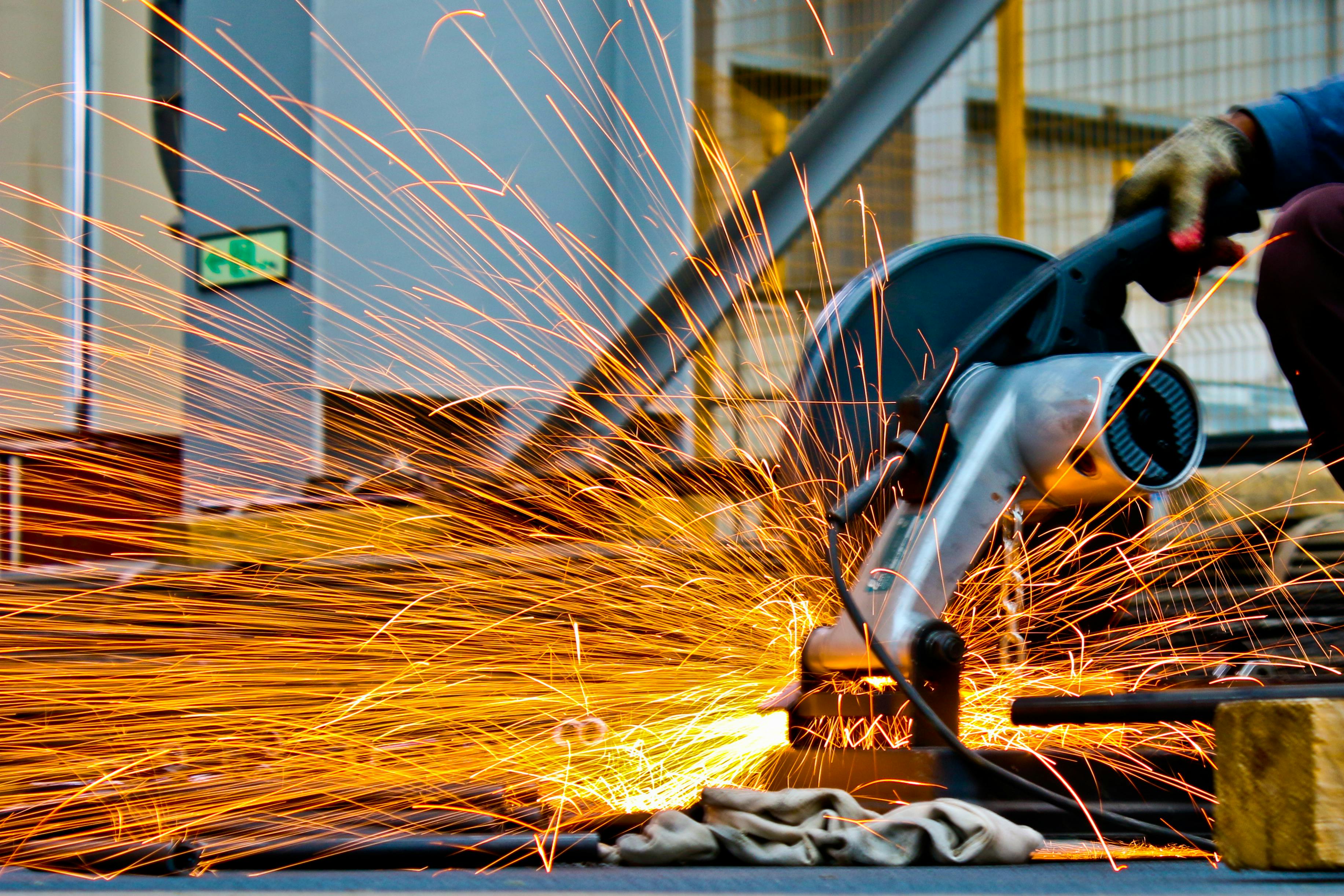"Reimagining Opera: Pioneering a New Era of Musical Expression"
Opera, the grandest form of musical theatre, is entering a new era of innovation and change. This article delves into the rich history of opera, discusses its recent developments, and explores how it shapes and is shaped by modern cultural landscapes.

A Brief Sojourn into Opera’s Past
Opera began its journey in the late 16th century in Italy during the Renaissance period. It has since evolved, with various forms emerging such as the grand opera, comic opera, and verismo, each reflecting the socio-cultural contexts of their times. From the dramatic tragedies of Giuseppe Verdi to the romantic compositions of Richard Wagner, opera has always been a mirror reflecting the sentiments of its era.
The Current Scenario: Opera in the 21st Century
Today, opera finds itself at a crossroads. Traditional opera houses are striving to maintain their relevance in a world dominated by digital media and fast-paced entertainment. However, far from fading, opera is reinventing itself. Contemporary composers are experimenting with new themes and formats, integrating digital technology, and reaching out to diverse audiences.
The Impact of Modernization on Opera
The modernization of opera has significant implications. The use of digital technology, for instance, has allowed for innovative set designs and audience experiences. Operas are now being live-streamed, making them more accessible to a global audience. This shift has also brought about debates on the balance between tradition and innovation. While some argue that these changes dilute the essence of opera, others contend they are necessary for opera to survive and thrive in a changing cultural landscape.
Opera’s Place in Today’s Culture
The evolution of opera offers an interesting case study of cultural adaptation. Opera is not only adapting to modern times but is also actively shaping contemporary culture. The thematic shift in recent operas towards socially relevant issues, such as climate change or social inequality, demonstrates opera’s potential as a platform for dialogue and social commentary.
Future Prospects: Opera’s Potential in the New Era
With the advent of digital technology and a shift towards more relevant themes, the future of opera looks promising. It has the potential to serve as a bridge between the past and present, tradition and innovation, providing a unique cultural experience that resonates with the audiences of today.
Opera, with its rich history and enduring appeal, has proven itself to be a resilient art form. Its current transformation is a testament to its ability to adapt and evolve, ensuring its relevance and significance in the cultural landscape of the future. The reimagining of opera is not just an indication of the changing times, but also a tribute to the timeless power of this grand art form.






